The death of Dame Maggie Smith at the age of eighty-nine represents not just the end of a very English tradition of acting that she exemplified, but a passing of a generation. With the exceptions of Judi Dench and Eileen Atkins, there are no few grand dames of British stage and screen surviving; there is a distinct difference between, say, Smith and Helen Mirren, who pivoted early to the cinema and has largely remained there ever since. Smith was a consummate actress for film — she won two Oscars and was nominated for plenty more — but it was the smaller environs of television and stage where she truly excelled.
A misapprehension about Smith is that she was a camp, OTT presence. This impression is largely derived from her latter-period work in Gosford Park (in which she was superb…“oh dear, bought marmalade”) and her increasingly self-parodic reprise of the part in Downton Abbey. Her character began brilliantly (“What is a weekend?”) but then turned into rote waspishness, as Lady Grantham (who was, apparently, immortal, until she wasn’t) was wheeled on to say something sardonic, to feud a little with Penelope Wilton, and then to disappear and leave the rest of the cast to their intriguing. It was an entertaining performance in a thin role, but it was by no stretch of the imagination great acting. That came in less lucrative but more fulfilling work that she took on throughout her career.
Smith began her acting life with roles at Laurence Olivier’s National Theatre, in the legendary revival of Noël Coward’s Hay Fever and in a once-lionized, now-despised production of Othello, in which she played Desdemona opposite Oliver in blackface as the Moor. Her first major film success was as Jean Brodie in the eponymous The Prime of Miss Jean Brodie, for which she deservedly won an Oscar and left many (perhaps including Smith herself) believing that she was, in fact, Scottish, rather than growing up several hundred miles to the south in Oxford. She won her second Oscar for her role in California Suite, in which she was predictably superb as a faded actress married to a closeted gay actor (Michael Caine), but she should have won a third for perhaps her career-defining late performance as a lonely spinster in The Passion of Judith Hearne; she received a BAFTA, but the part may have been too parochial for Academy voters.
Smith was always good value on the stage, making her last appearance in London in 2019, and having played in anything from light comedy to heavy tragedy over her hugely illustrious career. I only saw her once, at the National Theatre’s fiftieth birthday celebrations, when she delivered a monologue from Farquhar’s The Beaux Stratagem; in an evening packed with Britain’s finest actors, she stood out primus inter pares as perhaps the night’s greatest performer, obviously relishing the attention and affection with which she was received. Yet she was consummately versatile, endlessly professional and, until her late career typecasting as a witty gorgon, constantly surprising, seldom if ever coasting and always finding some interesting or unexpected nuance in the characters that she played.
The last and most surprising act that she performed publicly was as a model for Loewe’s SS24 collection. The photographs taken of her — by then beginning to suffer from the terminal ill health that resulted in her end — show someone of infinite variety, for whom custom could not stale nor age wither. She may or may not have been the finest British actress of the past seventy-five years, but she was unique, irreplaceable and someone who we were fortunate to live at the same time as. And she was in Harry Potter, but everyone has to pay the mortgage.



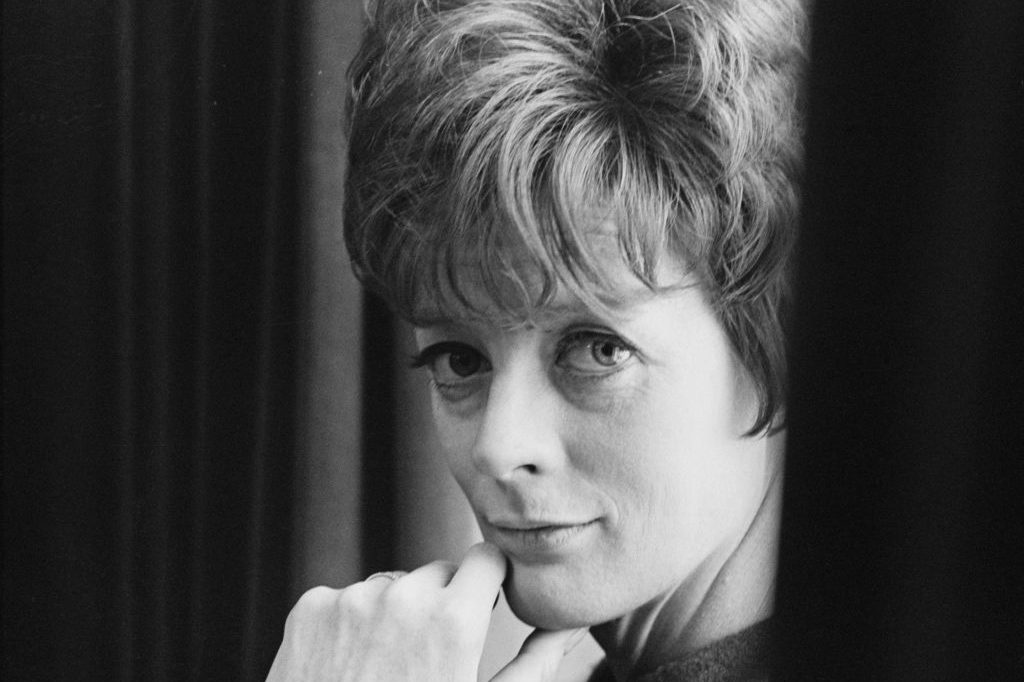








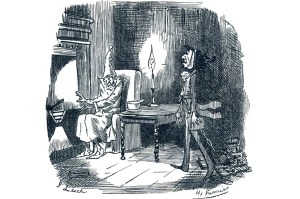

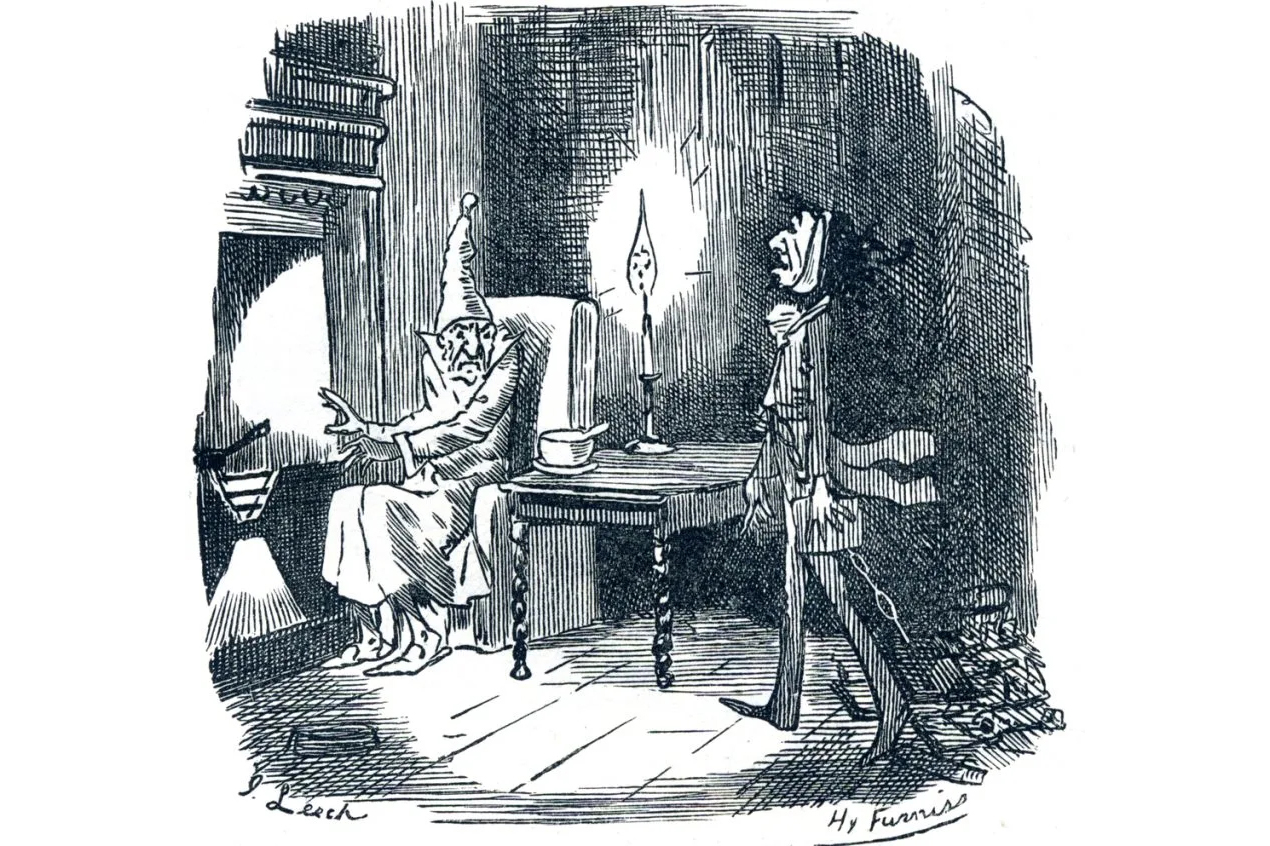
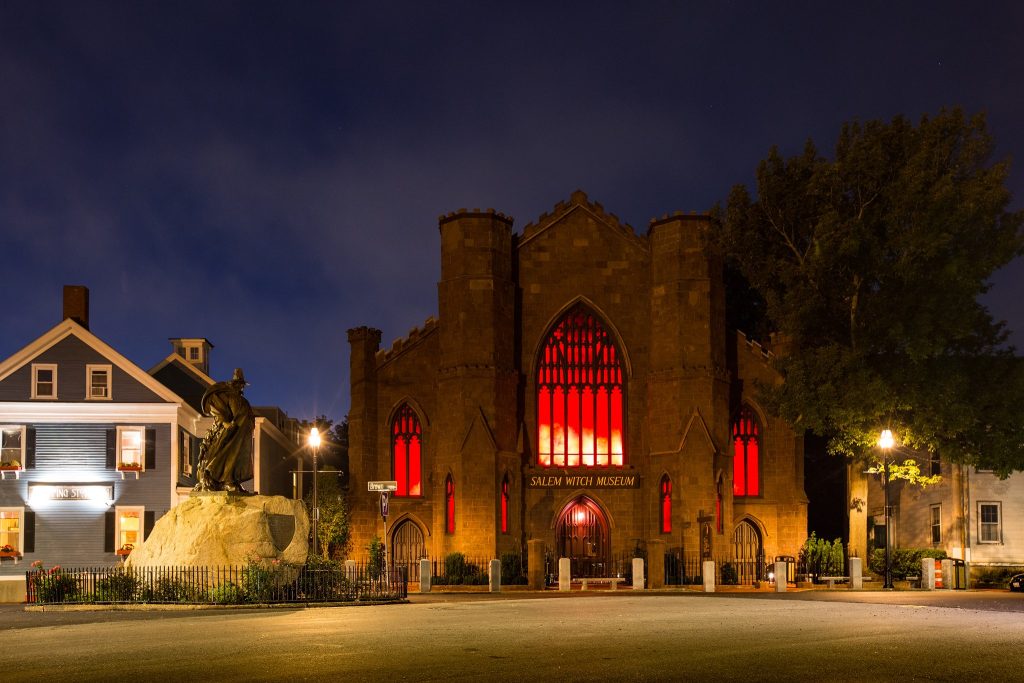
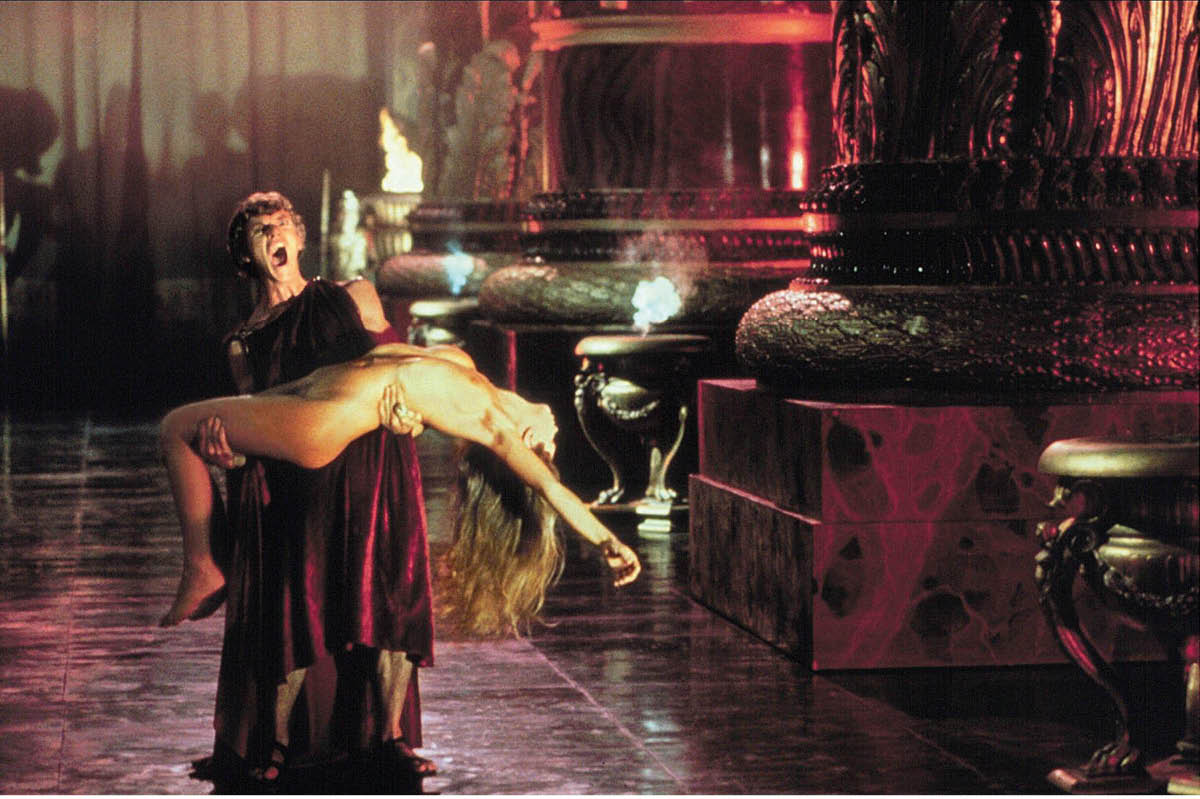
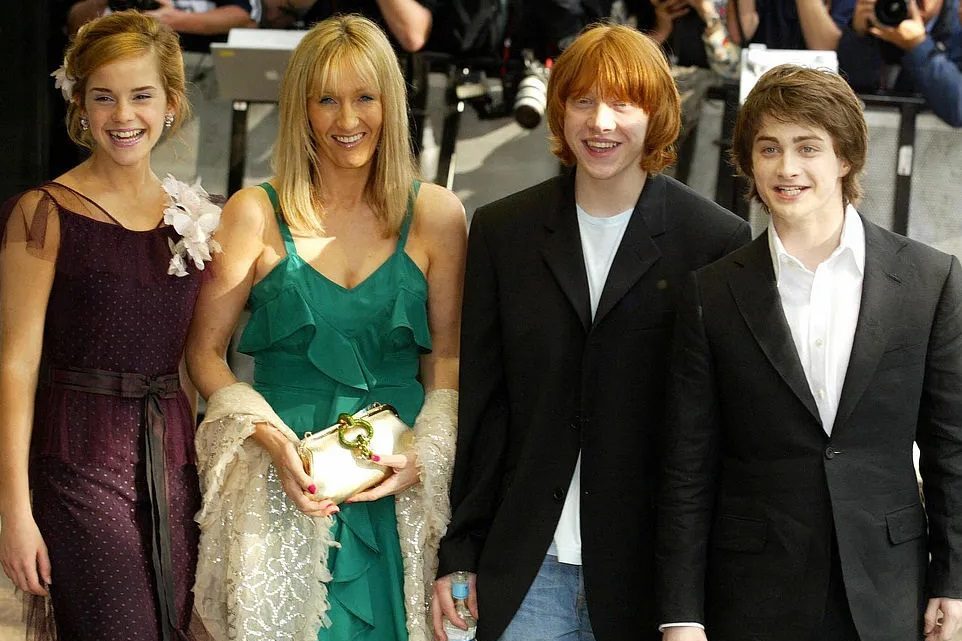
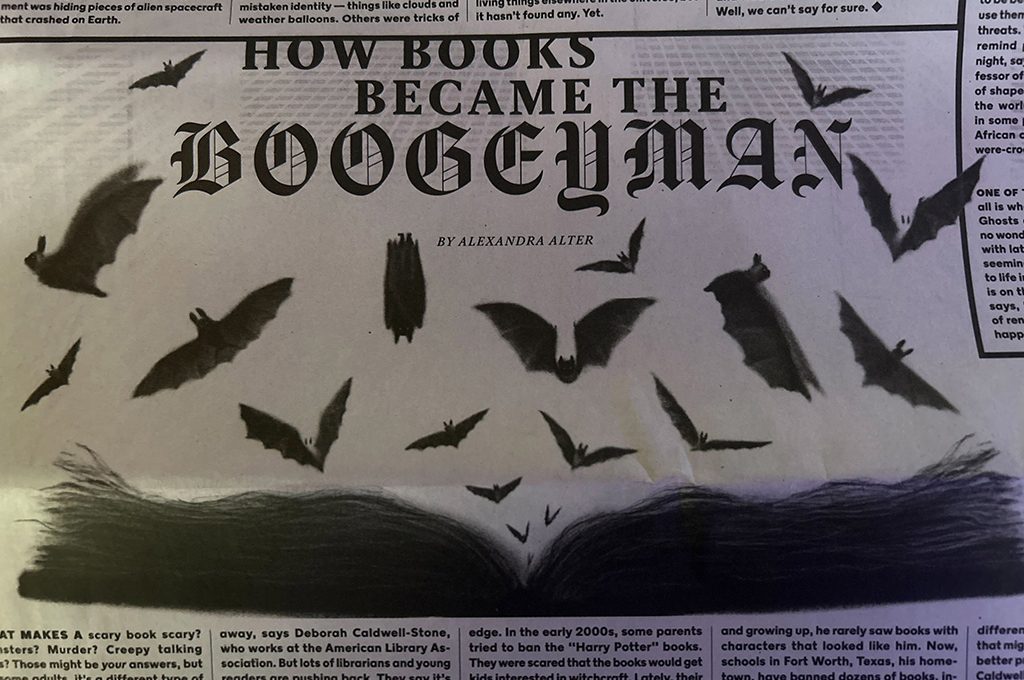







Leave a Reply